Thank you for your continued support of my small, home-based nursery throughout the past year. I look forward to helping you grow plants for your kitchen, garden, and herbal home remedies cupboard when I reopen in the new year.
Wishing you a peaceful and nourishing festive season.
Minette
Showing 1–20 of 103 results
-
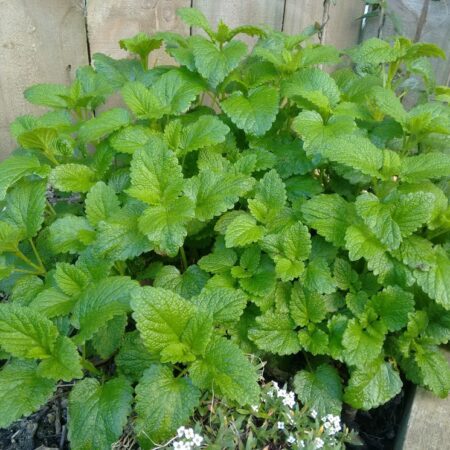
Balm – Lemon Balm
$7.50Read moreLemon Balm (Melissa officinalis) is a perennial in the Lamiaceae family that grows in full sun to part shade and prefers rich, well-drained soil. It is used as a Culinary Herb for teas and desserts, as a Medicinal Herb for calming and digestive support, and as a Pollinator Plant.
-

Basil – Aristotle
$7.00Read moreBasil Aristotle (Ocimum basilicum ‘Aristotle’) is a tender annual plant in the Lamiaceae family. It is a dwarf, ball-shaped plant with tiny, aromatic leaves; naturally forms a neat, compact mound. As with all basils, it prefers full sun, regular watering, and well-drained soil.
Use like sweet basil, it has a mild sweet flavour. It is excellent for containers, edging, and fresh picking in the kitchen.
-

Basil – Emerald Towers
$7.50Read moreSweet Basil ‘Emerald Towers’ (Ocimum basilicum ‘Emerald Towers’) is a tender annual in the Lamiaceae family. It has a tall columnar habit with glossy, dark green leaves; bred for compact vertical growth. Like other basils, it prefers warm, well-draining soil; thrives in pots or garden beds with good sun.
It has a strong, sweet basil flavour ideal for cooking; upright form makes it excellent for small spaces and continuous harvests.
-

Basil – Lemon Towers
$7.00Read moreLemon Basil ‘Mrs Burns’ (Ocimum × citriodorum ‘Mrs Burns’) is a tender annual in the Lamiaceae family. Upright with medium green leaves and strong lemon scent. As with all basils, it needs warmth, sun, and free-draining soil.
The bright citrus flavour makes it excellent in teas, vinegars, fish dishes, and fruit salads.
-
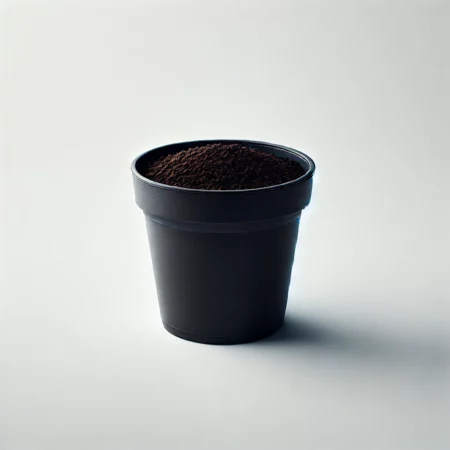
Basil – Perennial
$7.50Read morePerennial Basil (Ocimum × kilimandscharicum) is a tender perennial herb in the Lamiaceae family. It prefers a sunny, well-drained site and is semi-hardy in warm parts of New Zealand but frost-tender elsewhere. It grows to around 80 cm–1 m tall and wide, with camphor-scented green leaves and mauve flower spikes. Mainly used as a culinary herb for aromatic infusions and vinegars, a medicinal plant for respiratory and topical uses, and a pollinator-friendly, ornamental addition to herb gardens.
-
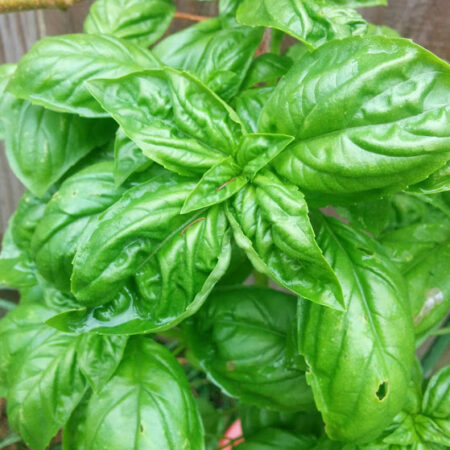
Basil – Sweet Genovese
$7.00Read moreSweet Basil Sweet Genovese (Ocimum basilicum) s a tender annual in the Lamiaceae family. Compact, leafy plants with medium-large green leaves; pinching tips encourages bushiness.
Prefers fertile, well-drained soil in full sun; protect from frost.The classic Italian basil—sweet, aromatic, perfect for pesto, fresh tomato dishes, and summer salads.
-
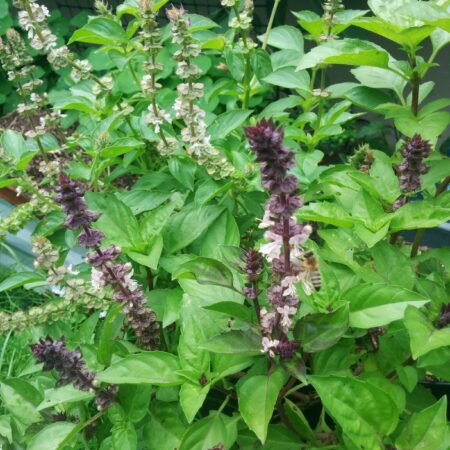
Basil – Thai Towers
$7.50Read moreBasil, Thai Towers (Ocimum basilicum var. thyrsiflora ‘Thai Towers’) is a tender annual in the Lamiaceae family. It is a tall, columnar growing basil with fragrant green foliage with purple accents. As with all basils it prefers full sun, fertile and free-draining soil.
With the same anise-clove flavour as ‘Siam Queen’ but in a vertical growth form—great for repeated harvesting and small gardens.
-

Calendula
$6.50Read moreCalendula (Calendula officinalis) is an annual herb in the Asteraceae family. It prefers full sun to part shade and well-drained, moderately fertile soil, and in New Zealand it is hardy across most regions, self-seeding freely. Growing 30–60 cm tall and 25–40 cm wide, it has bright orange to golden daisy-like flowers. Used as a medicinal herb for its healing, anti-inflammatory blooms, a culinary herb with edible petals, a cottage garden favourite for colour and charm, and a pollinator plant attracting bees and beneficial insects.
-

Calendula – Mix : seeds
$4.25Read moreCalendula is a popular flowering ANNUAL that grows to 60cm with oblong-lanceolate leaves and single flowerheads of bright orange or yellow. Flowers are pollinated by bees and it is a well-known companion plant. Calendula prefers any well drained soil but can grow in very poor soils and can tolerate very acidic or very alkaline soils. It can grow in semi shade but grows best in full sun. The plant can flower nearly year-round in favourable conditions, and the flower petals are edible and medicinal.
-
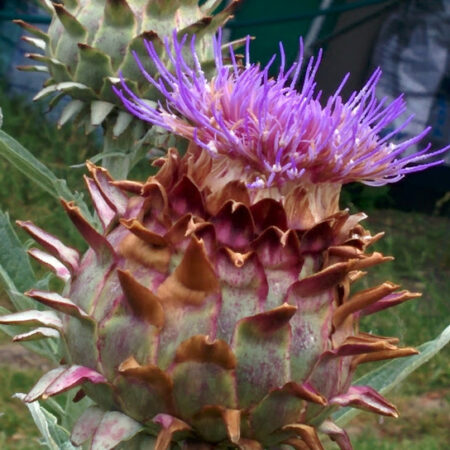
Cardoon
$10.50Read moreCardoon (Cynara cardunculus) is a perennial in the daisy family (Asteraceae). It prefers full sun and well-drained, fertile soil, and is moderately frost-hardy in most of New Zealand. Growing 1.5–2 m tall and 1 m wide, it features striking silver-grey leaves and tall stalks of purple thistle-like flowers. Mainly valued as a culinary plant for its blanched stems with a mild artichoke flavour, a cottage garden ornamental for bold, architectural form, a pollinator plant attracting bees, and a medicinal herb supporting healthy digestion and liver function.
-

Catmint – Common
$7.50Read moreCatmint (Nepeta × faassenii) is a perennial in the mint family (Lamiaceae). It prefers full sun and well-drained soil, and is hardy in NZ. Growing 40–60 cm tall and 60–80 cm wide, it forms compact grey-green mounds with masses of lavender-blue flowers. Mainly used as a cottage garden ornamental and pollinator plant, with mild traditional herbal calming uses.
-
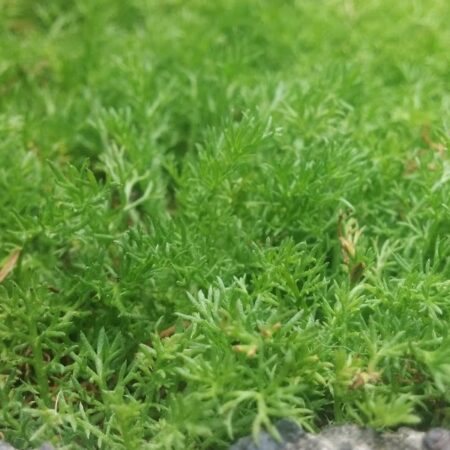
Chamomile – True Lawn (Trenegue)
$7.50Read moreTrue Lawn Chamomile (Chamaemelum nobile ‘Treneague’) is a perennial in the Asteraceae family. It prefers full sun, free-draining sandy or loamy soils, and is hardy in NZ. It grows 5–10 cm tall and spreads to form a dense mat of finely divided, apple-scented foliage. This cultivar does not flower, making it ideal as a low-maintenance lawn or groundcover. Mainly used as an ornamental groundcover (soft and aromatic underfoot), as a cottage garden edging plant, and as a fragrant sensory feature for paths and seating areas.
-
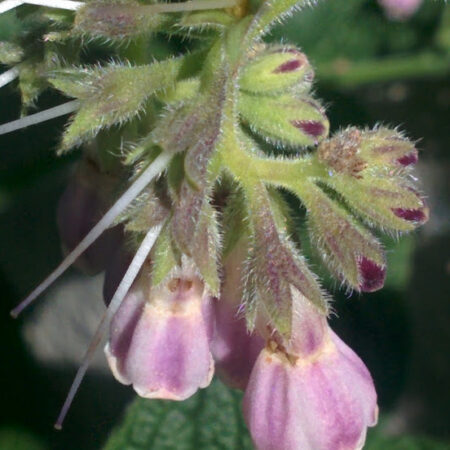
Comfrey – purple flowering common
$8.50Read moreA tall perennial (to 1.2m) with large, rough, hairy leaves and nodding clusters of purple-blue to creamy flowers. Very vigorous spreader by root division, and often considered invasive. More traditional medicinal use, but less preferred for garden fertility because of its tendency to self-seed.
-

Comfrey – white flowering dwarf evergreen
$8.50Read moreLikely Symphytum ibericum (Caucasian comfrey). A low-growing, creeping perennial (to 30cm high, spreading wider) with dense mats of rough green leaves and clusters of white bell-like flowers. Excellent groundcover in shady, moist conditions, especially under trees. Rarely used medicinally, but valued as an ornamental and living mulch.
-
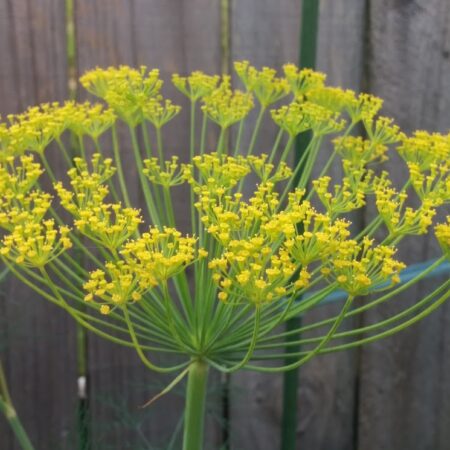
Dill
$6.50Read moreAn ANNUAL growing to 80cm with slender hollow stems and alternate, finely divided, softly delicate leaves. Small yellow flowers are born in umbels. Prefers a full sun position in a moist and well-drained soil. Edible leaves and seeds, it is also good as a companion plant to attract hoverflies and other predatory insects. Highly nutritious, it has a long history of medicinal use.
-
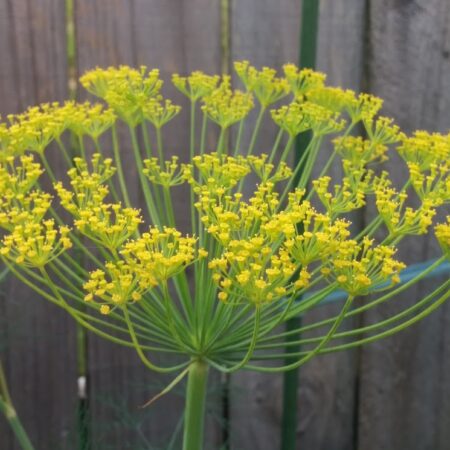
Dill : seeds
$4.25Read moreAn ANNUAL growing to 80cm with slender hollow stems and alternate, finely divided, softly delicate leaves. Small yellow flowers are born in umbels. Prefers a full sun position in a moist and well-drained soil. Edible leaves and seeds, it is also good as a companion plant to attract hoverflies and other predatory insects. Highly nutritious, it has a long history of medicinal use.
-
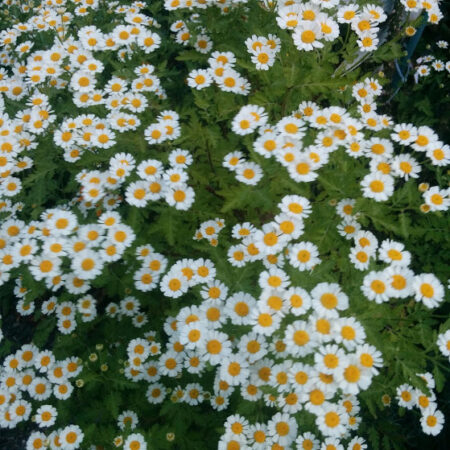
Feverfew
$8.50Read moreA flowering PERENNIAL plant in the daisy family growing to 60cm. The small bush has pungently scented light green to yellowish-green leaves and daisy-like flowers.
It prefers well-drained soil in a full sun position and can tolerate somewhat strong winds. Mostly used as a medicinal herb, but the flowers and leaves have some culinary use. -
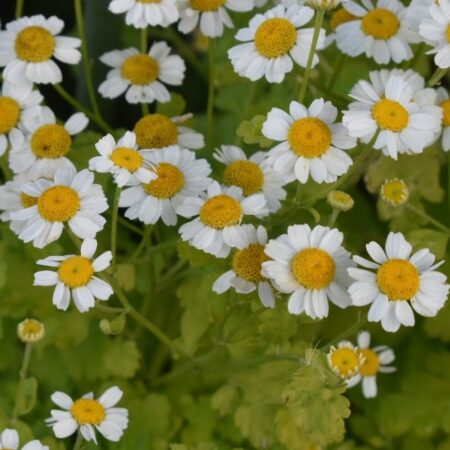
Feverfew – Golden
$8.50Read moreA flowering PERENNIAL plant in the daisy family growing to 60cm. The small bush has pungently scented bright golden green to yellowish-green leaves and daisy-like flowers.
It prefers well-drained soil in a full sun position and can tolerate somewhat strong winds. Mostly used as a medicinal herb, but the flowers and leaves have some culinary use.
-

Foxglove – Apricot-Peach
$7.50Read moreFoxglove (Digitalis purpurea and cultivars) is a biennial or short-lived perennial in the Plantaginaceae family that grows to 1–1.5m tall and 30–60cm wide. It prefers semi-shade to sun and moist, well-drained soils. It produces tall spires of tubular flowers in shades of white, apricot, pink, or purple, much loved by bees and pollinators. This is a beautiful white flowering cultivar. All parts of this plant are highly toxic to humans and animals.
Foxglove is grown as a cottage garden favourite and pollinator plant. Medicinal use is strictly professional only, in minute controlled doses. -
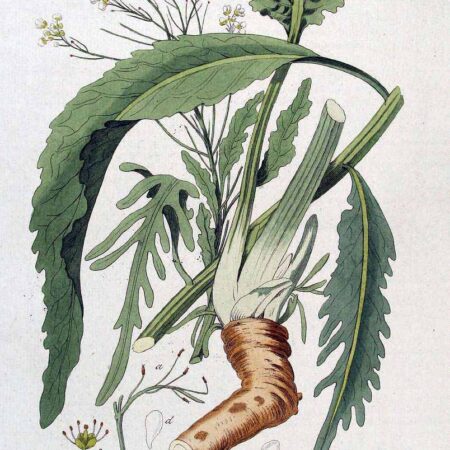
Horseradish
$10.50Read moreA PERENNIAL of the mustard family growing to 70cm. Prefers a moist and well-drained soil and can grow in very alkaline soils. Full sun or semi-shade.
The young leaves are distinctly different to older leaves, being asymettric spiky before becoming flat and broad.
The plant is cultivated mostly for its large, white, tapered root which is a vegetable and spice. It has medicinal use.
